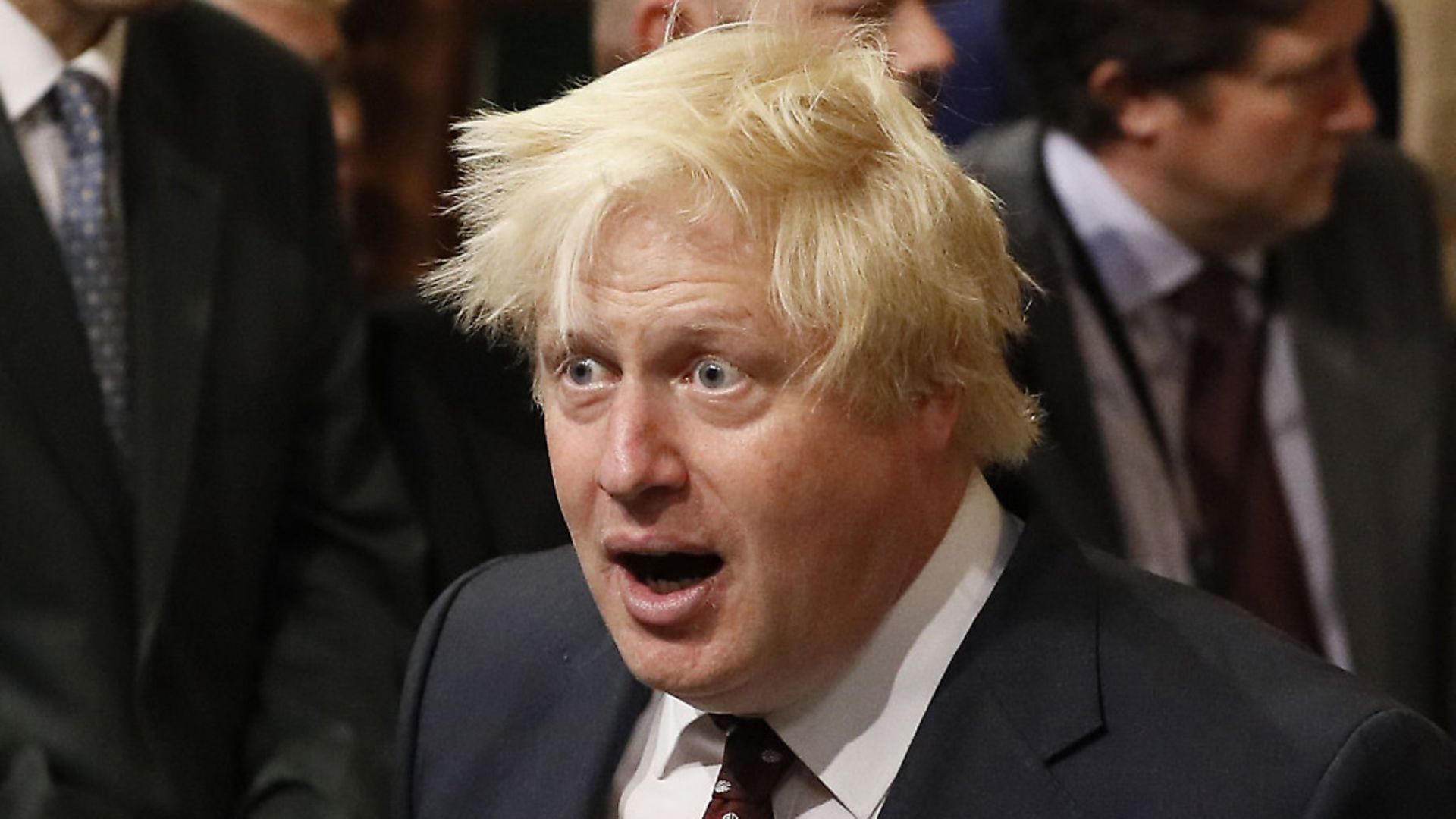
Career Brexiteer Boris Johnson backs Theresa May’s EU plan ‘100%’ despite claims he could welcome a softening on the Prime Minister’s ‘red lines’ for negotiations.
It comes after Brexit Secretary David Davis’s former chief of staff James Chapman claimed May’s insistence on leaving the jurisdiction of the European Court of Justice (ECJ) had ‘hamstrung’ his ex-boss in negotiations.
The former political editor of the Daily Mail also claimed the likes of Davis and Johnson could welcome an easing of the PM’s Brexit demands, including on leaving the ECJ and Euratom (European Atomic Energy Community), and potentially on immigration.
But a source close to Johnson said he fully supports the Brexit vision May set out in her Lancaster House speech in January, including leaving the ECJ, single market and customs union.
The Foreign Secretary also wants ‘managed immigration’, while being a supporter of Britain being an ‘open and diverse country’.
It came as a Number 10 source played down suggestions May is going to walk out of Brexit talks in September in a staged show of defiance over EU demands for a ‘divorce bill’ of tens of billions of pounds.
The Sunday Telegraph reported a senior Downing Street figure, among the raft of the PM’s advisers who have recently left the Government, had briefed industry and City bosses about the plan in an effort to limit the backlash from financial markets.
But a Number 10 source said: ‘This suggestion has no part in our plans.’
Outgoing Liberal Democrat leader Tim Farron said of the idea that May could walk out of Brexit talks: ‘This threat to throw her toys out of the pram is a desperate attempt by the Prime Minister to show strength as her approval ratings and influence plummet. It is no way to conduct negotiations that are vital for the future of every family in this country.
‘The best thing for the City and the whole of Britain would be for the Government to commit to our membership of the single market and customs union so that we can protect our economy, jobs and keep prices down.
‘Most importantly, the British people must be given their say on the final deal, and be able to reject it if that is what they decide.’








